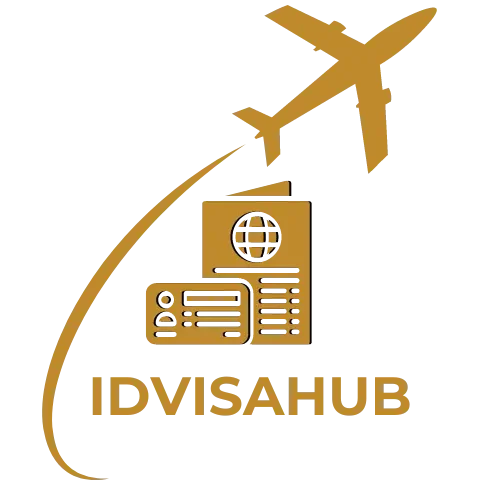How To Choose the Right Proposal Software for Your Business
Finding the right proposal software is crucial for businesses looking to streamline their proposal creation process and increase their chances of winning clients. It allows for the strategic organization of documents, centralizes communication, and can drastically cut down on the time it takes to draft a winning proposal. But with so many options available, how do you choose the best one for your needs? This article will guide you through the essential criteria to consider when selecting proposal software that suits your business’s unique requirements. Keep reading to discover insights and tips for making an informed decision.
Understanding the Basics of Proposal Software and Its Importance for Business Efficiency

Proposal software, like Qvidian, helps businesses create, customize, and manage proposals quickly and professionally. It simplifies the process by offering a central platform where teams can collaborate in real time, reducing errors and saving valuable time. With built-in tracking and analytics, companies can learn from past proposals and refine future ones for better results.
This kind of software improves the client experience with clear templates and interactive pricing, making proposals more engaging and easier to understand. By integrating smoothly with existing workflows, it frees up teams from manual tasks, allowing more focus on strategy, productivity, and growth.
Key Features to Look for in Proposal Software
When choosing proposal software, prioritize ease of use with an intuitive interface, drag-and-drop tools, and customizable templates that streamline personalization. Key features should include CRM integration for seamless access to client data and e-signature capabilities to speed up approvals. Strong analytics are important for tracking engagement and proposal performance.
Security must be a core consideration, with reliable data encryption, privacy controls, and compliance with industry regulations to protect sensitive client information. Scalability is also vital, ensuring the software can support growing teams and a higher volume of proposals without affecting efficiency or requiring frequent system changes.
Assessing Integration and Compatibility with Your Current Tools
Before investing in proposal software, it’s important to evaluate how well it integrates with your existing business tools. Poor compatibility can lead to inefficiencies, wasted resources, and data inconsistencies. Look for software that seamlessly connects with your CRM, project management platforms, and other essential systems to ensure smooth data flow and reduced errors.
Support for integration setup and maintenance should also be considered, as vendor assistance can play a key role in successful implementation. It is wise to think ahead and choose a solution capable of adapting to new tools you may adopt in the future, ensuring long-term functionality and alignment with your evolving tech stack.
Evaluating Pricing Models and Return on Investment for Proposal Software

Proposal software pricing models vary, often based on monthly or annual subscriptions. It’s important to compare the software’s cost with the features and benefits it provides. Calculating the expected return on investment (ROI) helps determine if the software is worth the expense by assessing time savings, resource efficiency, and potential increases in win rates.
A higher price may be justified if it drives significant productivity or revenue growth. Buyers should also consider hidden costs like training, setup, or extra features, which can affect the total cost of ownership. Free trials and demos are useful for testing functionality before committing financially.
Reading Reviews and Gathering Recommendations before Making Your Final Decision
When choosing proposal software, it’s essential to read user reviews and gather recommendations to understand real-world performance and customer support. Professional networks and industry peers can offer practical insights based on their experiences with specific tools, revealing common issues and effective solutions.
Exploring vendor case studies or success stories can also provide a clearer picture of how the software performs in businesses similar to yours. Before starting your search, prepare a list of essential and desirable features to help narrow your options and ensure the software aligns with your business needs. This focused approach can save time and guide your decision-making process effectively.
Overall, the right proposal software can be a game-changer for a business’s proposal management process. By carefully considering factors like key features, integration with current tools, pricing models, and user feedback, you can choose a platform that not only improves your proposal success rate but also contributes to the overall efficiency and profitability of your business operations.





